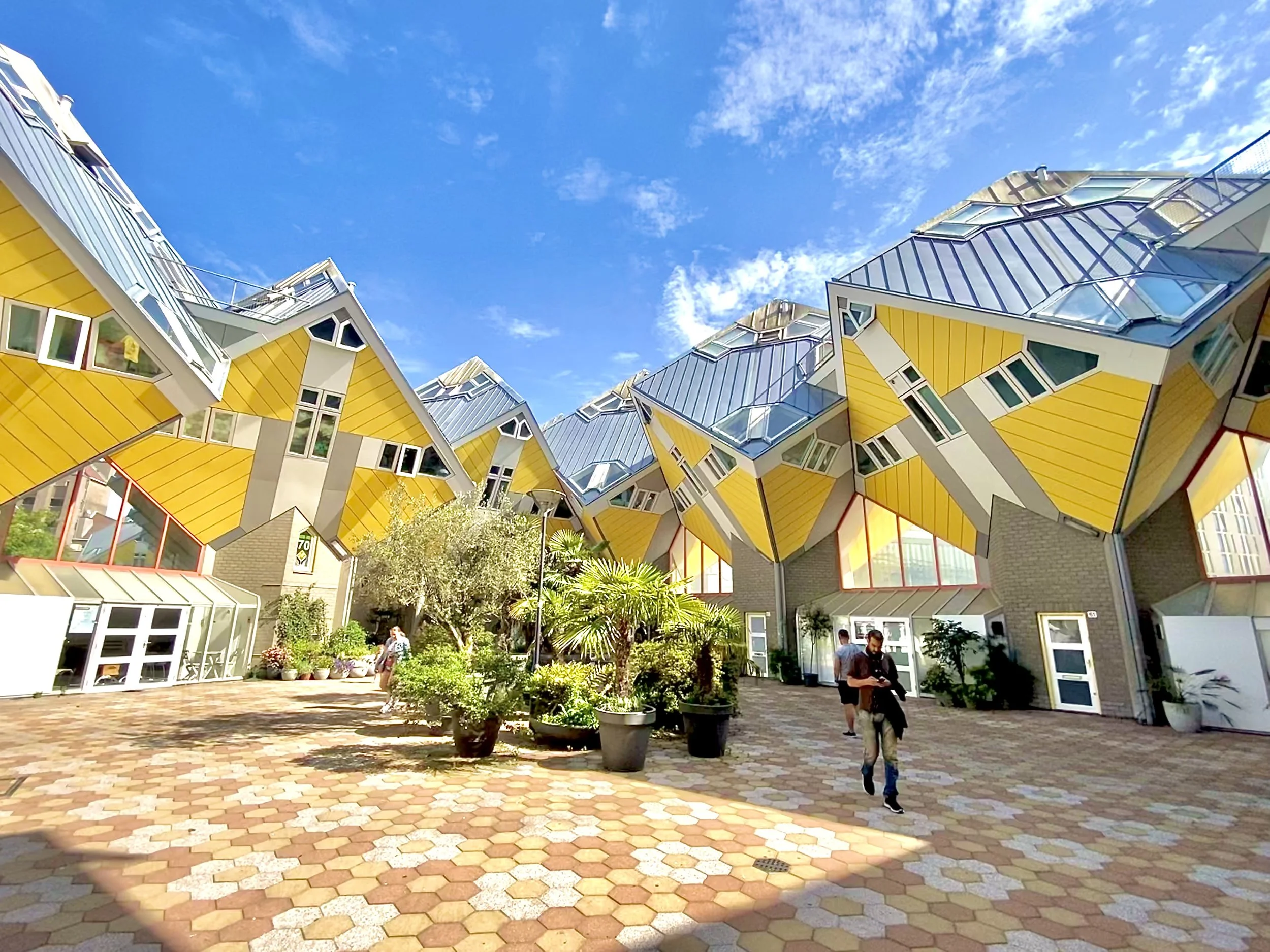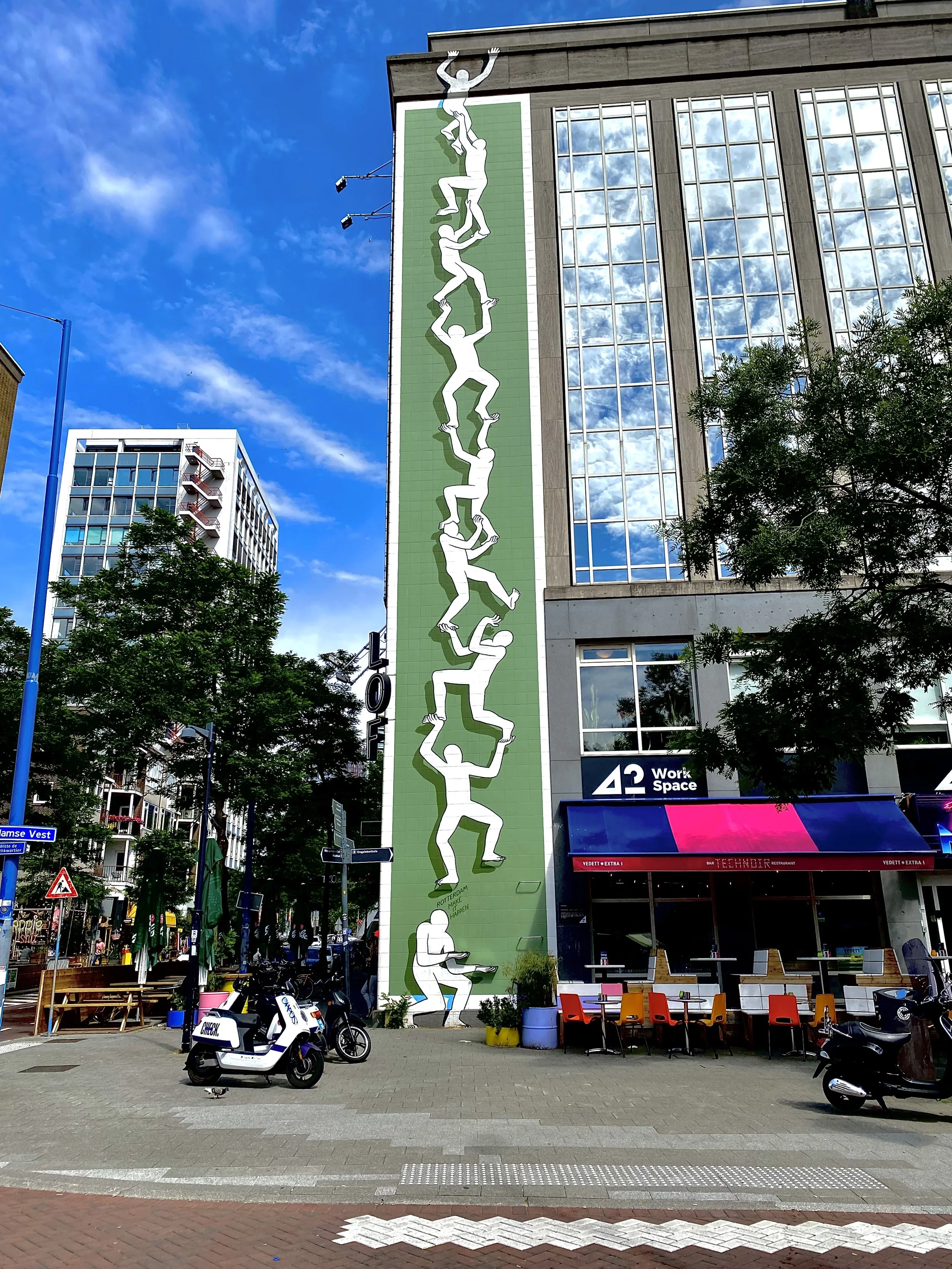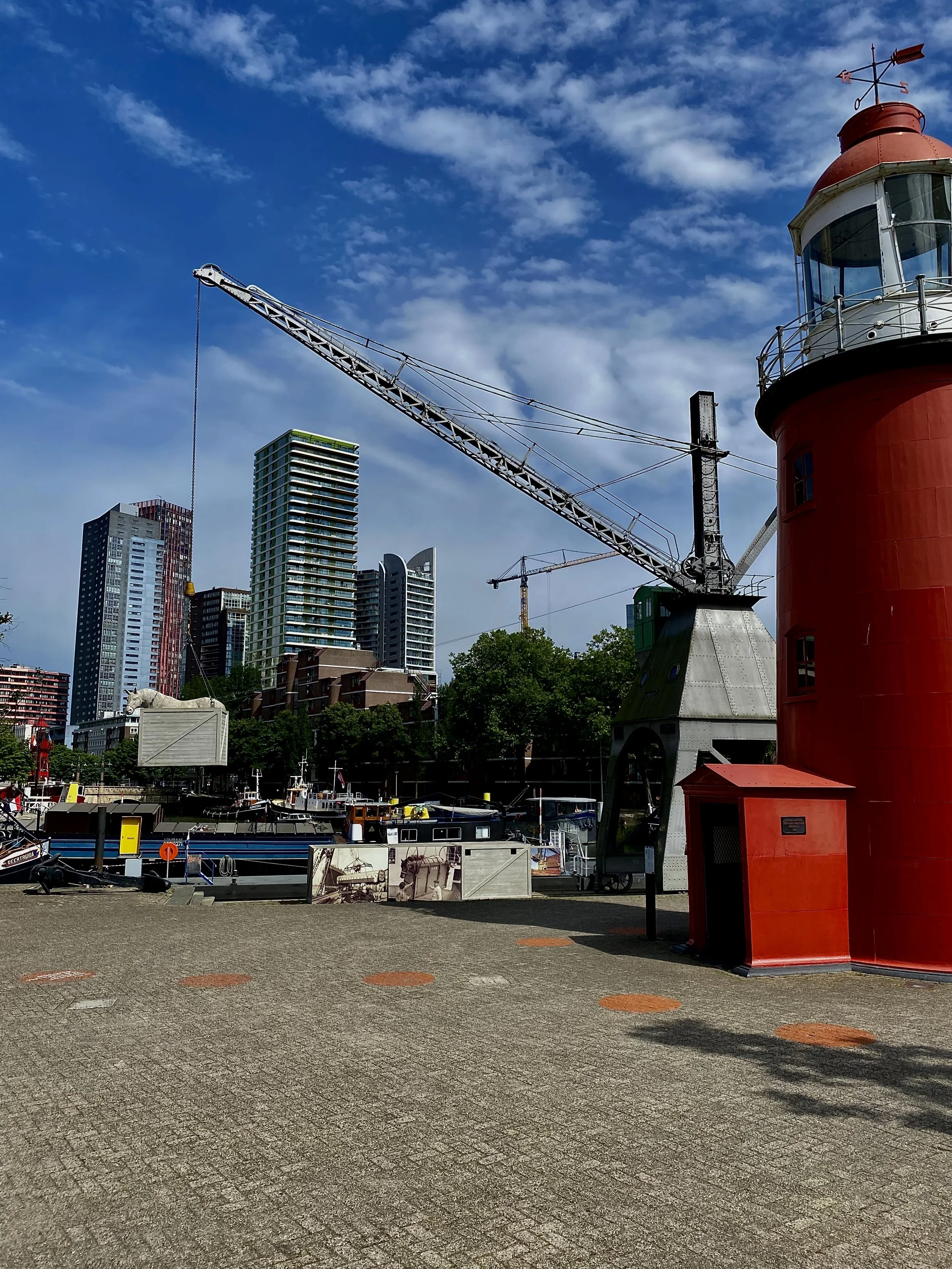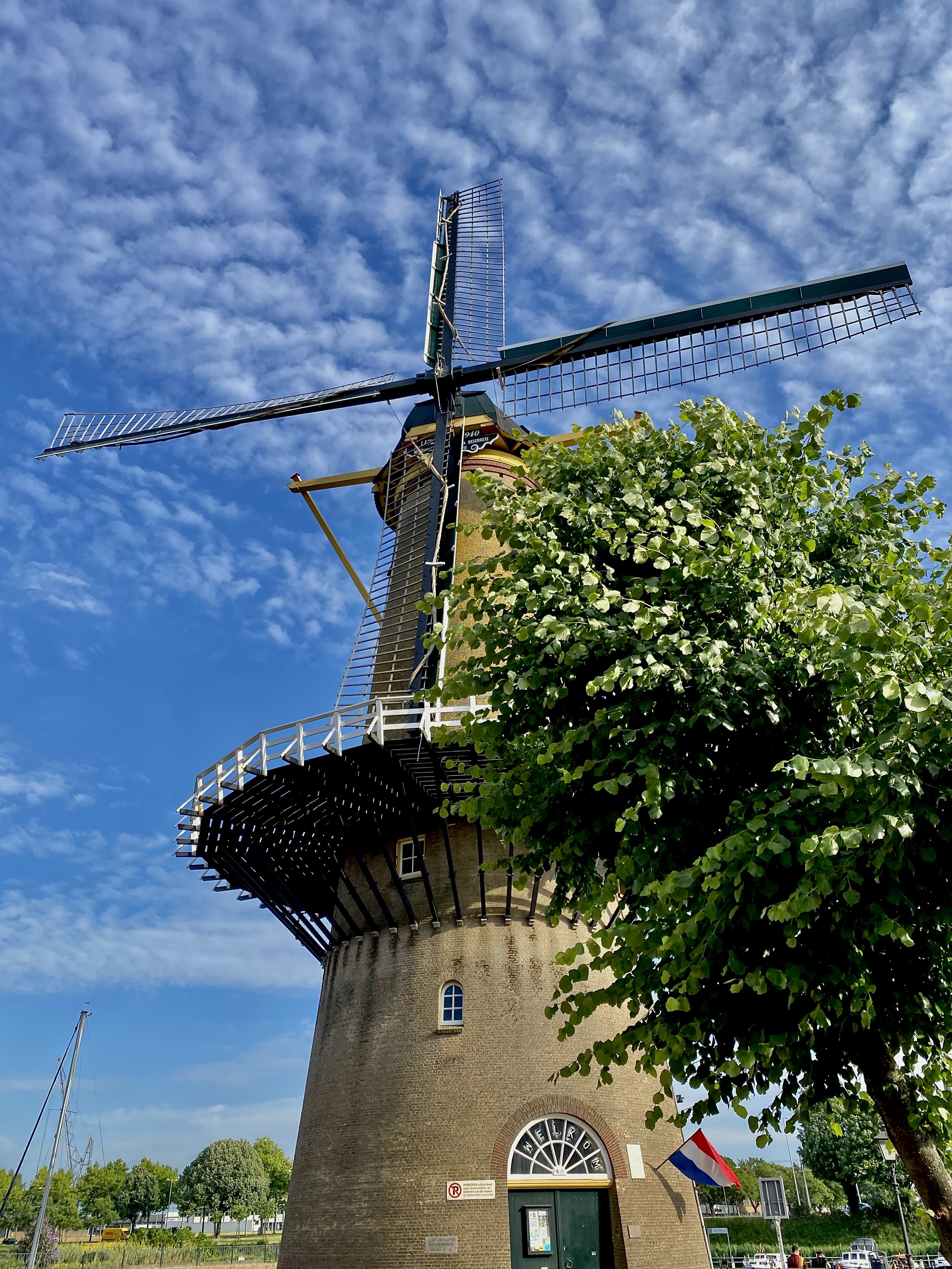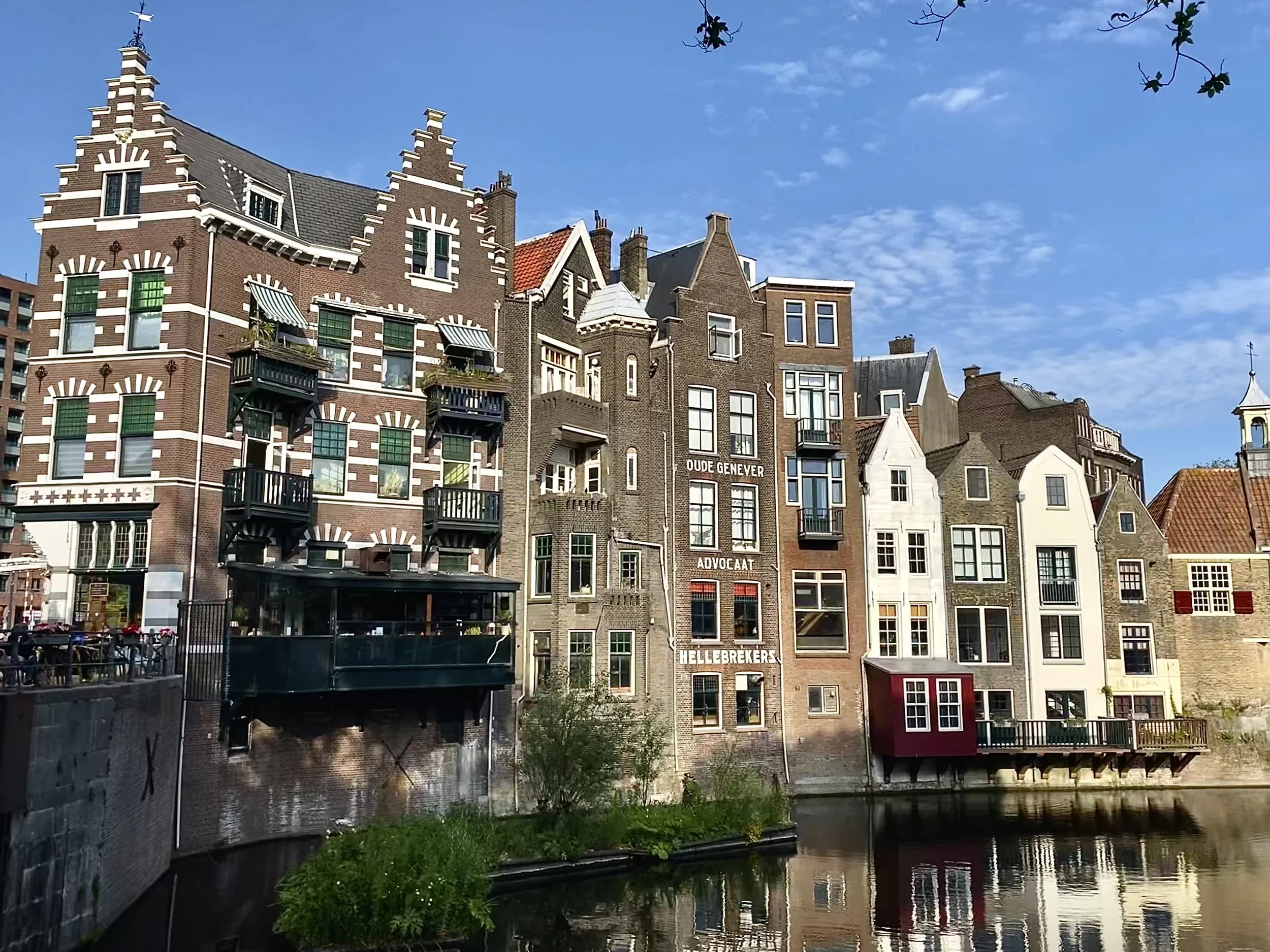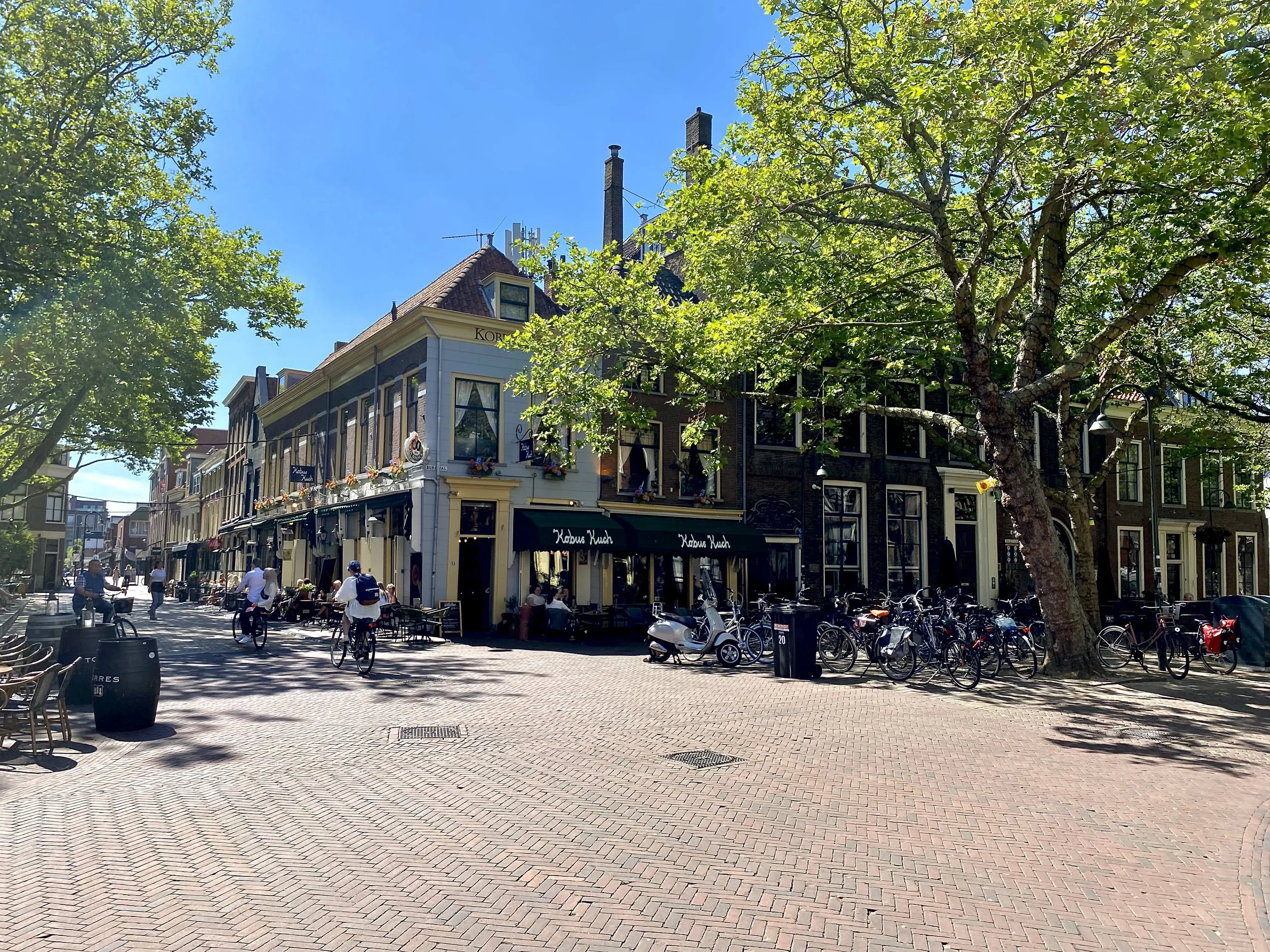Rotterdam is a Modern Europe
A VISION OF HOW EUROPE WOULD BUILD A CITY TODAY
Most of Rotterdam was bombed during WW2 and the city has largely been rebuilt since. The result is a view into how a European city would be built from scratch in the modern era. It is spacious, well-designed for pedestrians and bikers, and full of eclectic architecture and art. Still Europe’s largest seaport and one of the most populous urban regions in Europe, Rotterdam is a lively urban center - but the overall design leaves it feeling accessible and never overwhelming. It’s like the city planners found a sweet spot between suburbs and city.
Most of the canals (and canal front houses) are gone - replaced with long parks along the remaining few - leaving little of the old world charm. But gone too are the struggles of trying to force modern life on old urban planning and architecture - resulting in city cleaner, more peaceful, and more smooth-running than its peers of the same size and importance.
My overall impression of Rotterdam was that it’s an immensely livable city. This was buoyed by spending the day with a friend and her 3 year old son - and seeing first hand how manageable raising a child felt in Rotterdam.
EXPLORE MODERN ROTTERDAM
To get a good taste of modern Rotterdam, I would start by walking between Depot Boijmans-van Beuningen and Markthal Rotterdam (a large indoor food market); along that route, you’ll get to see one of the canals turned park, some of the fun urban art, and modern architecture (including the market itself and the adjacent cube houses). If you’re in the city on a Tuesday or a Sunday, there’s a giant outdoor market next to Markthal Rotterdam with cheap produce and vintage goods that’s really fun to explore.
Beyond that, I recommend walking along the rivers to see the new community developments and views of the Rotterdam skyline; you’ll notice large gaps between the skyscrapers because the city has prioritized wide streets and public spaces.
STROLL THROUGH HISTORICAL ROTTERDAM
There is one neighborhood that survived the bombing in WW2 - Delfshaven. Here, you’ll find an historic windmill, canals, and classic dutch row homes. While the neighborhood is cute, it’s also small, leaving it less idyllic than the nearby preserved towns or Amsterdam. The larger impact is seeing what Rotterdam used to look like - and coming to understand how much was destroyed and how much has been rebuilt since. I found it equal parts heartbreaking and inspiring. It did give me some hope for cultural rebirth and reconstruction after decay - a kind of existential hope I needed in our modern era.
TAKE A DAY TRIP
Rotterdam is a great hub point for day trips with the most common three being Kinderdijk (a preserved town with many historic windmills), Delft (a small historic canal-ringed city) and The Hague (the seat of the Dutch parliament). My friend brought me to Delft (because it was an easy day trip with her son) and I found the city peaceful and mesmerizing - a really lovely place to spend the day walking. Had I had more days in Rotterdam, I would have taken a water taxi to Kinderdijk and a train to The Hague. All three trips sounded delightful to me.


